For the past few years, Bosnia and Herzegovina, like the rest of the world, has been marking every 25th day of the month as Orange Day – a day dedicated to raising awareness, preventing violence against women and girls, and sending messages of support to victims.
Institute for Youth Development KULT promotes the stories of successful women from Albania, Bosnia and Herzegovina, Montenegro, North Macedonia and Serbia who make a difference in their society as part of the #WomenMakingDifference campaign, as well as the promotion of positive values that through their work and society they promote and provide engagement to other women, girls, but also to the wider social community.
With the regional campaign #WomenMakingDifference, the Institute aims to motivate young people to, based on the example of others, continue to motivate and actively participate in the fight against violence against women and girls, but also to highlight the importance of advocating and fighting for gender equality.
Magdalena Chadinoska Kuzmanoski is a social worker by profession, and she is currently studying for a master’s degree in clinical psychology. She works at the Association for Research, Communications and Development “Public” as a social mentor.
She has always had a desire to deal with topics important for gender equality. She says that she never agreed with the way roles were set in a patriarchal society: “From a young age, I was bothered by the disenfranchisement of women and their exclusion from many important decisions within the family, as well as discrimination by the system in general. It used to be a practice in our country for a woman to change her name in some way after she got married, that is, to call her in the female form but by her husband’s name. Even then I knew we were on the wrong path.”
As her first and most important activity on this topic, Magdalena points out support during the work integration of vulnerable women and women victims of domestic violence, through the verified program Social Mentoring for Work Integration, created by the Association for Research, Communications and Development “Public” Skopje. At the same time, it is her favorite activity, because: “Here I can witness the changes that take place in the women we work with.”
When it comes to gender equality in the public and private spheres, she states: “I would first of all like that, when we talk about gender equality, we don’t only think about improving the position of women. Unfortunately, that is the case for now, and I would like to see and recognize the opportunities and capacities for women and men in society equally.”
As a region, Magdalena believes that we are far from equality: “We still live in a society where men are paid more than women for the same job position and engagement, just because they are men. So we made a serious mistake somewhere. In short, everything can be explained with one simple example – While we are still surprised and laughing because a man took sick leave to take care of his own children while they are sick, and the woman is not, we are far from the desired picture.”
She says the following about the period from twenty years ago to today: “If we compare the current situation with the period twenty years ago, we will see that there have been changes. But, I think that going through that relatively long period, we could have been much better than we are today when it comes to this topic. Awareness of the need for equality should be a daily part of the educational process, because I think that everything starts in the family and continues in the school. If the family made a mistake regarding this topic, the school should and must fix it. I am sure that the generations to come will be better educated about this topic and that the period will finally come when we no longer have to just talk about this, but live it and put it into practice.”
From each story on this topic, Magdalena learns new lessons. She singles out the most important: “I learned that women who are victims of domestic violence are the strongest human beings walking this planet. It is very difficult to be a victim of domestic violence anywhere, but believe me, it is at least 10 times more difficult in these countries. From women victims who were first abused by their partner, and then by the system, to become true winners is truly heroic!”
Magdalena believes that we should all work on this topic, and that a person can work on this topic even if it is not part of their job at all: “The everyday awareness of the environment that we are all equal is enough to finally get going. All those who want to live in a better and non-discriminatory society should get involved. First of all, they should start raising their children by talking, offering their own example and actions. If everyone gets a little involved, we can do a lot.”
“I must point out that I have full support in my environment when it comes to my work. Empowering women victims of domestic violence to become more competitive on the labor market is interesting and motivating for everyone. It sometimes happens that people from my environment suggest a woman we can include in the program or suggest an employer who is open to inclusive employment”, she proudly states.
Finally, she would like to point out that her biggest success is that not a single woman who survived violence and was part of the Social Mentorship program created by the Association for Research, Communications and Development “Public” returned to the abuser. He also states that these women got a job, kept their jobs and progressed in their workplaces, which is very important.
From this, Magdalena concludes that: “Anyone who is properly guided can be successful, they just need the right opportunity and someone who will believe in them!”



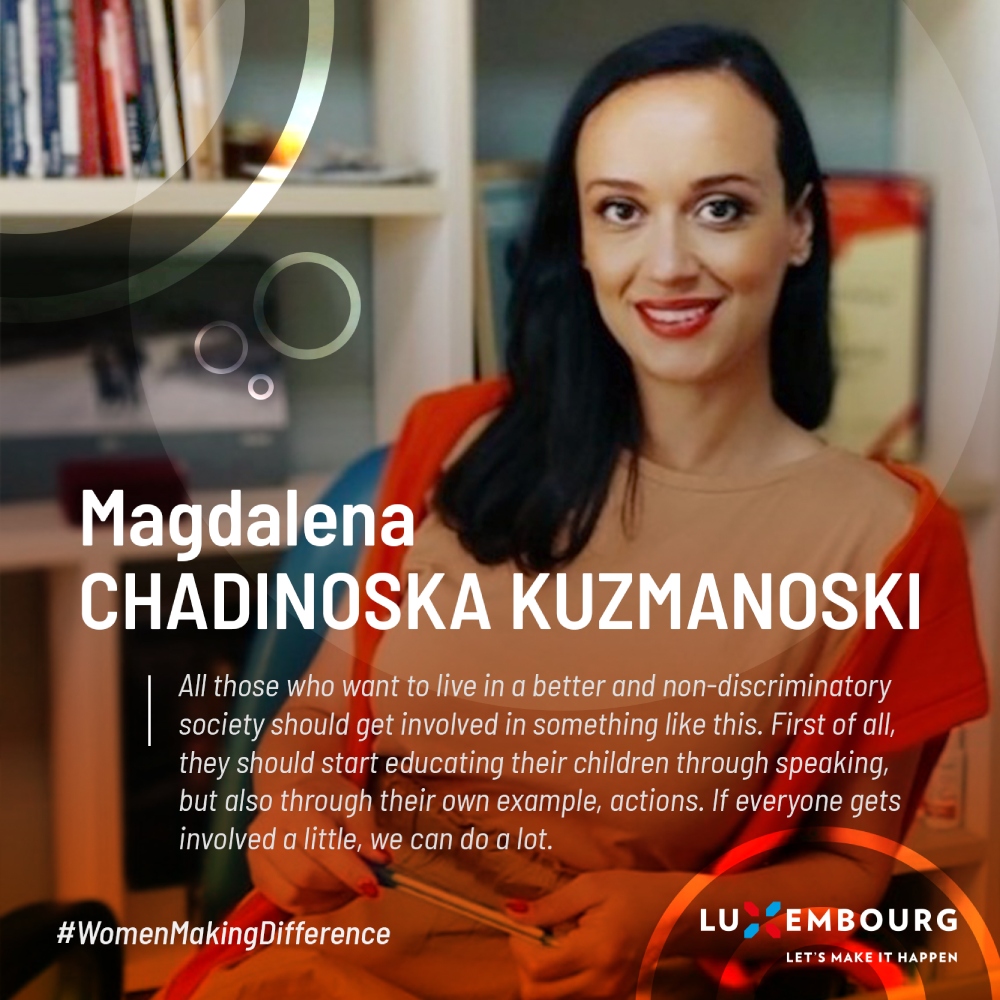
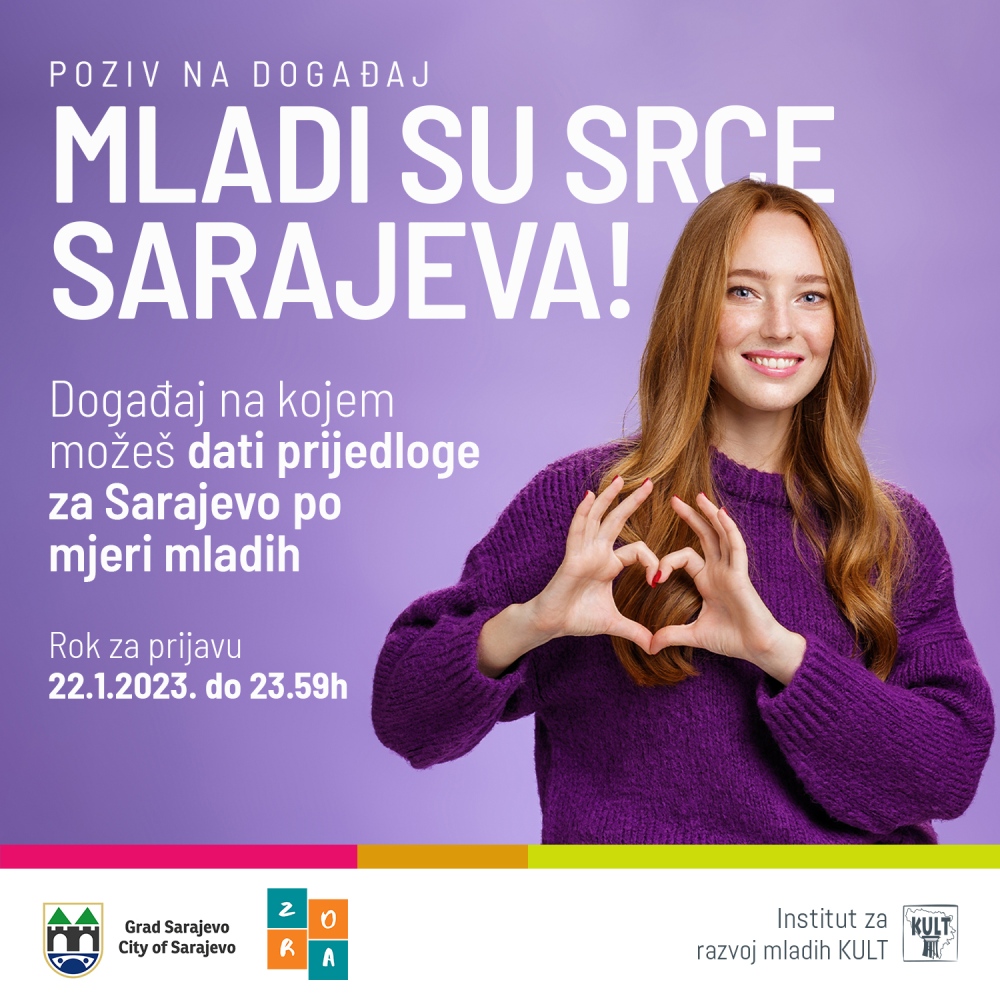
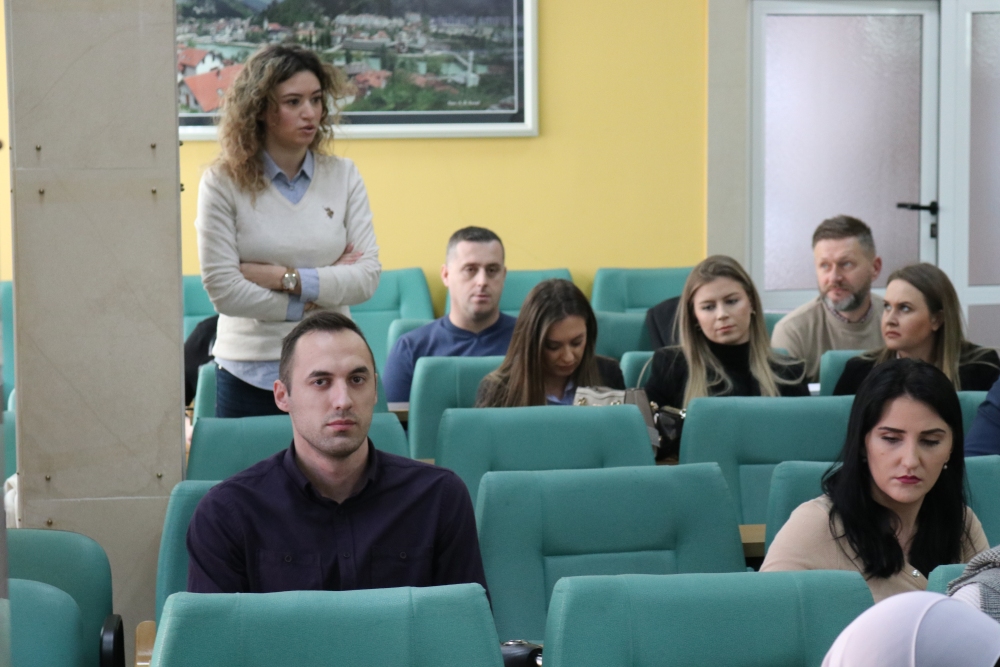






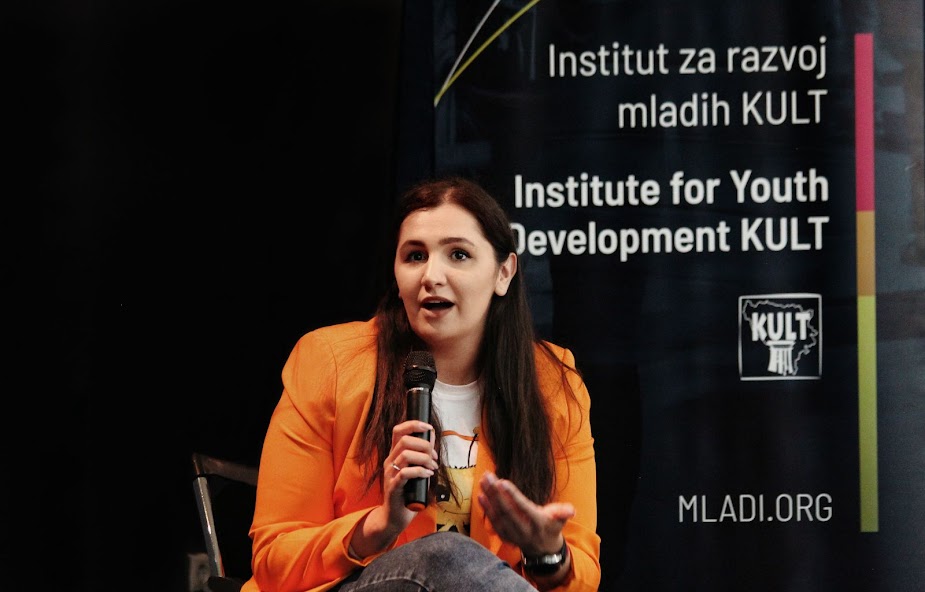
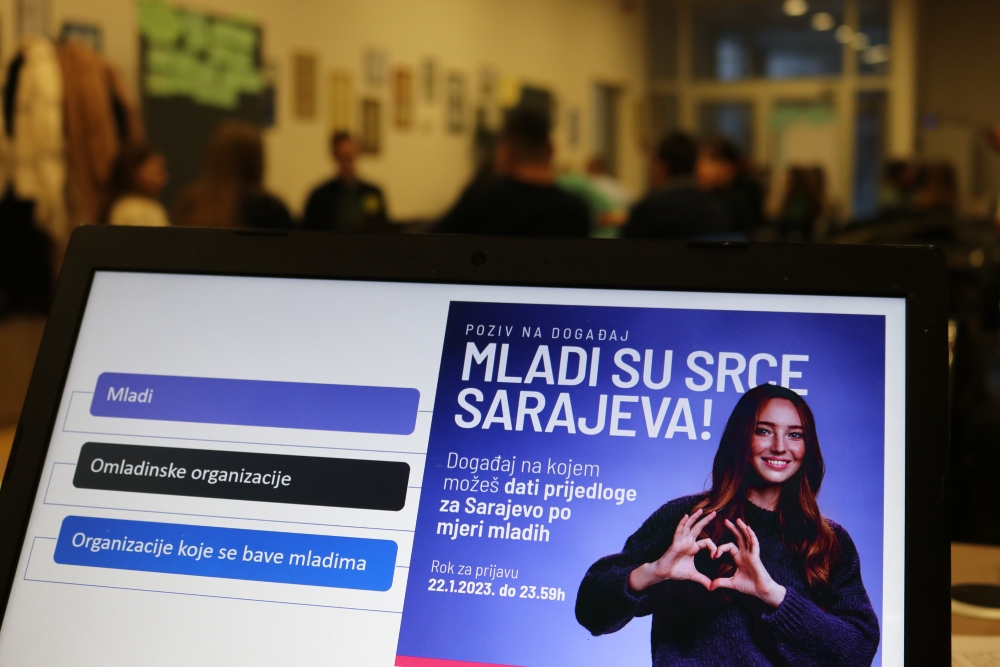
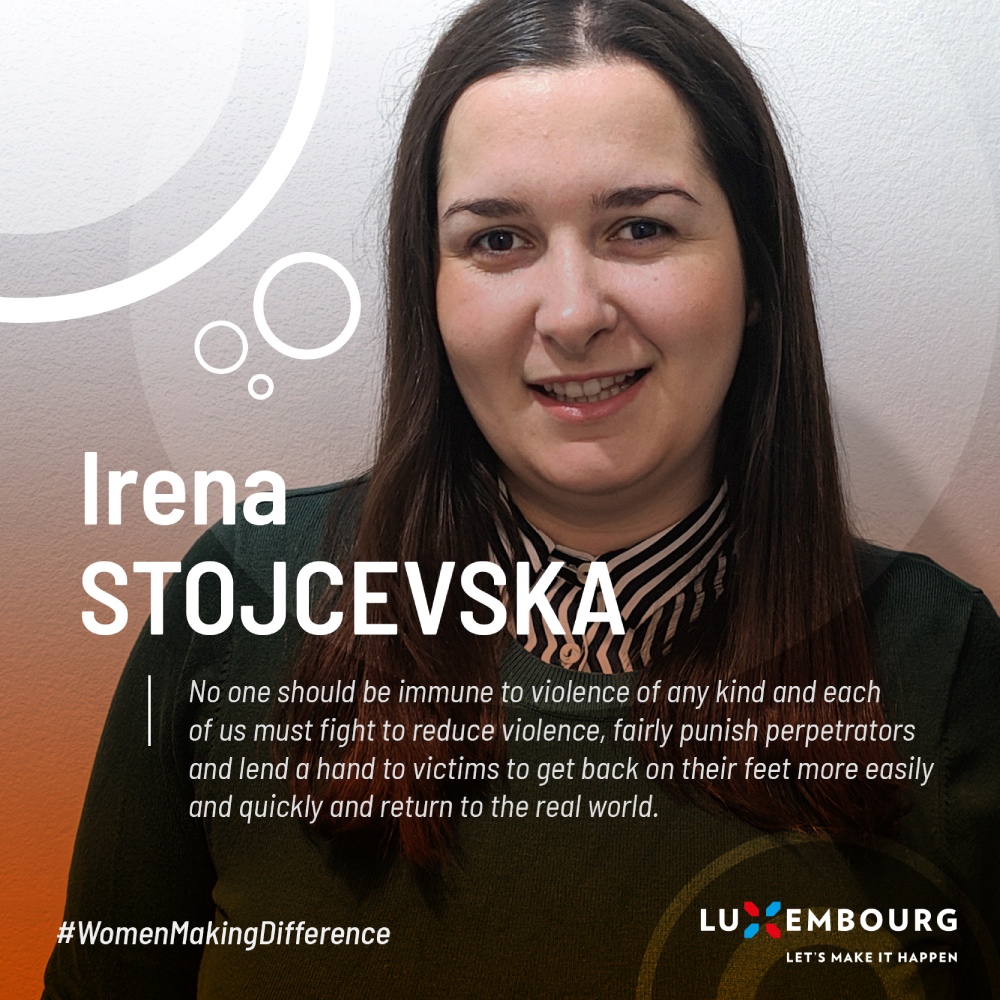
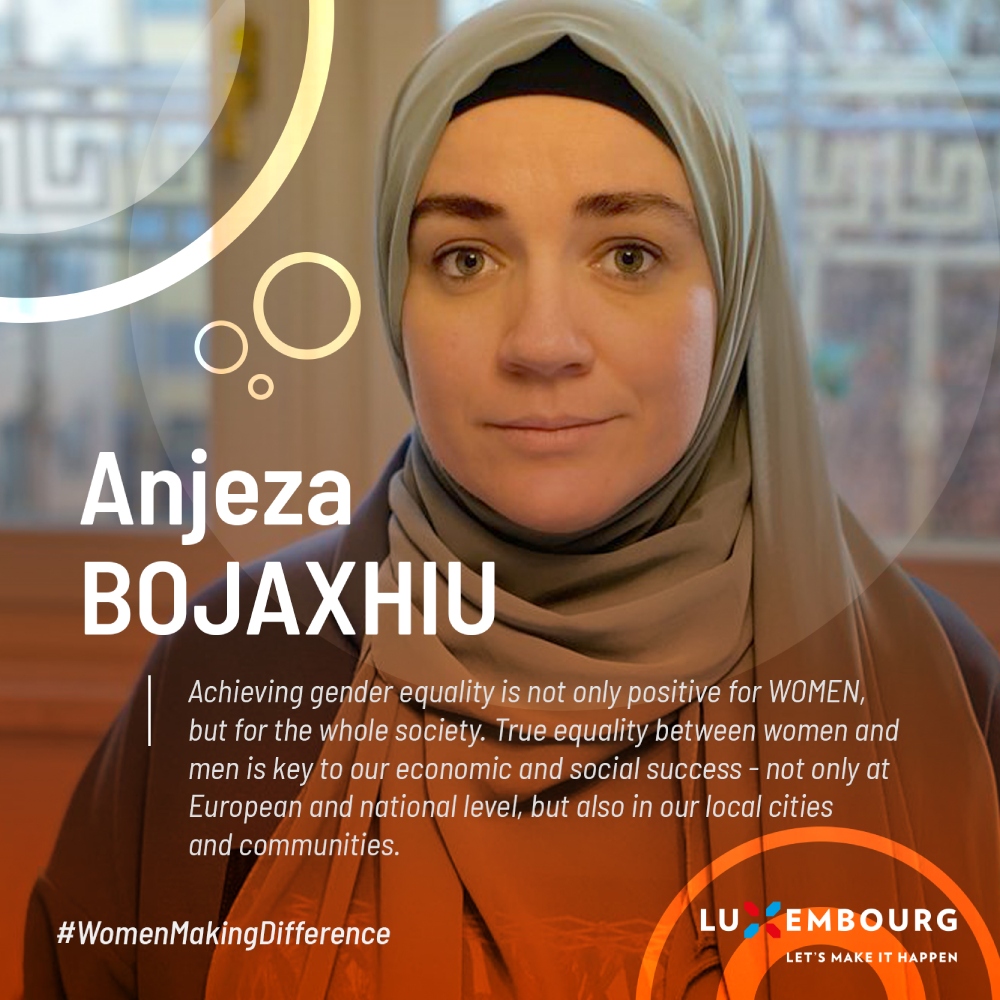
Leave a comment